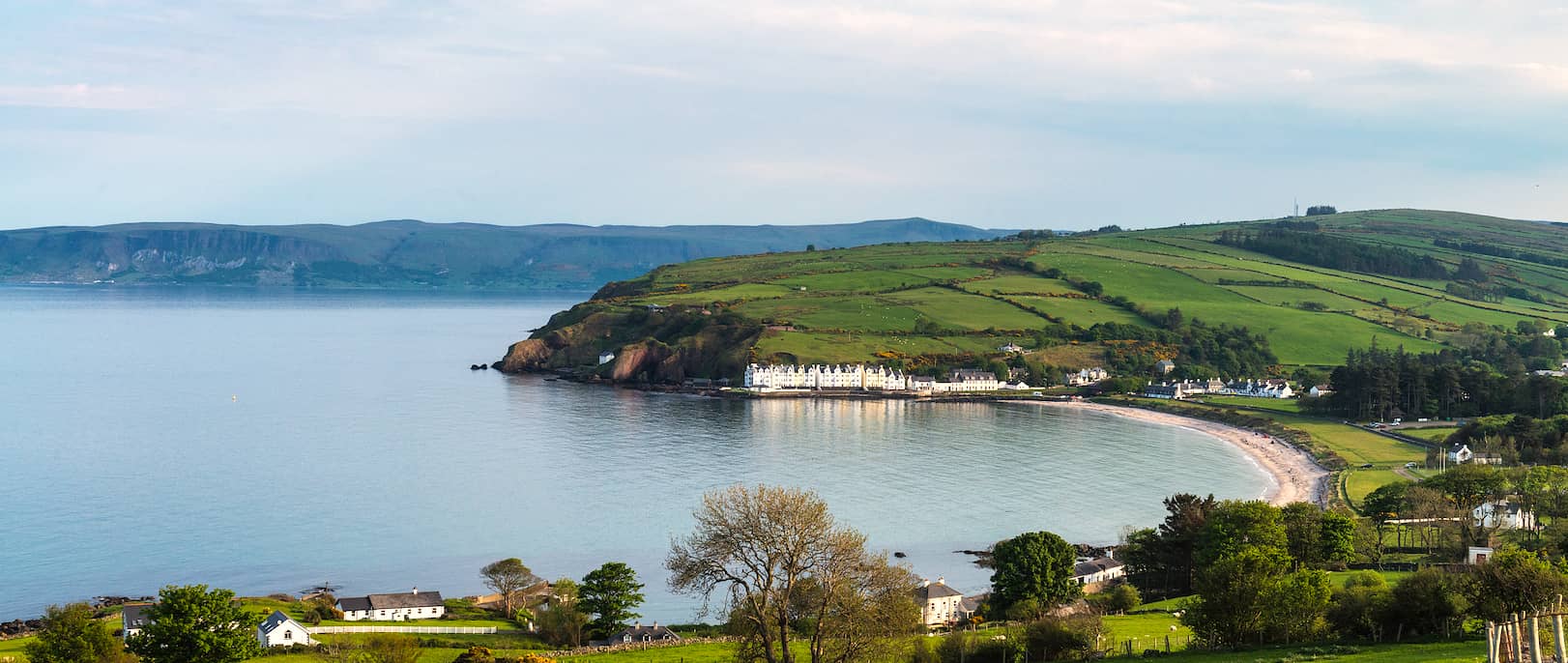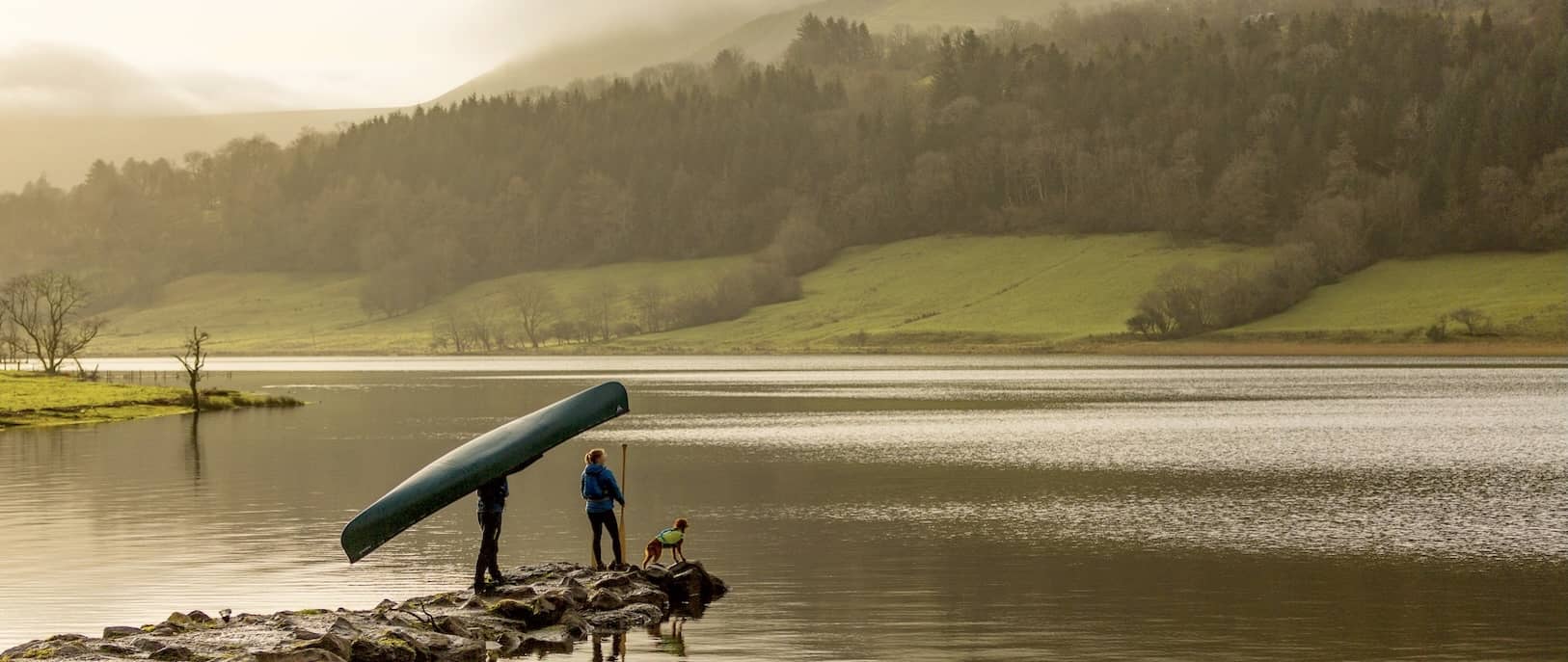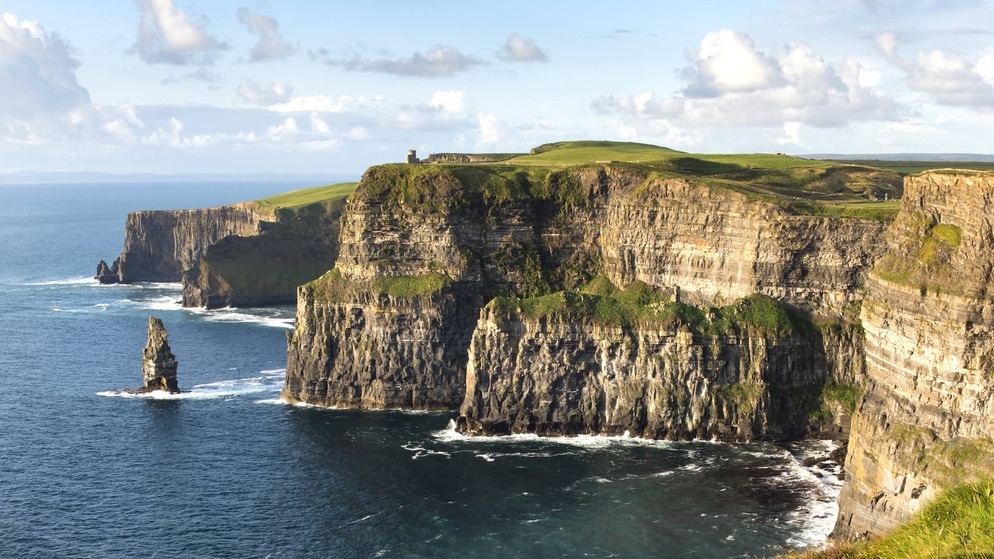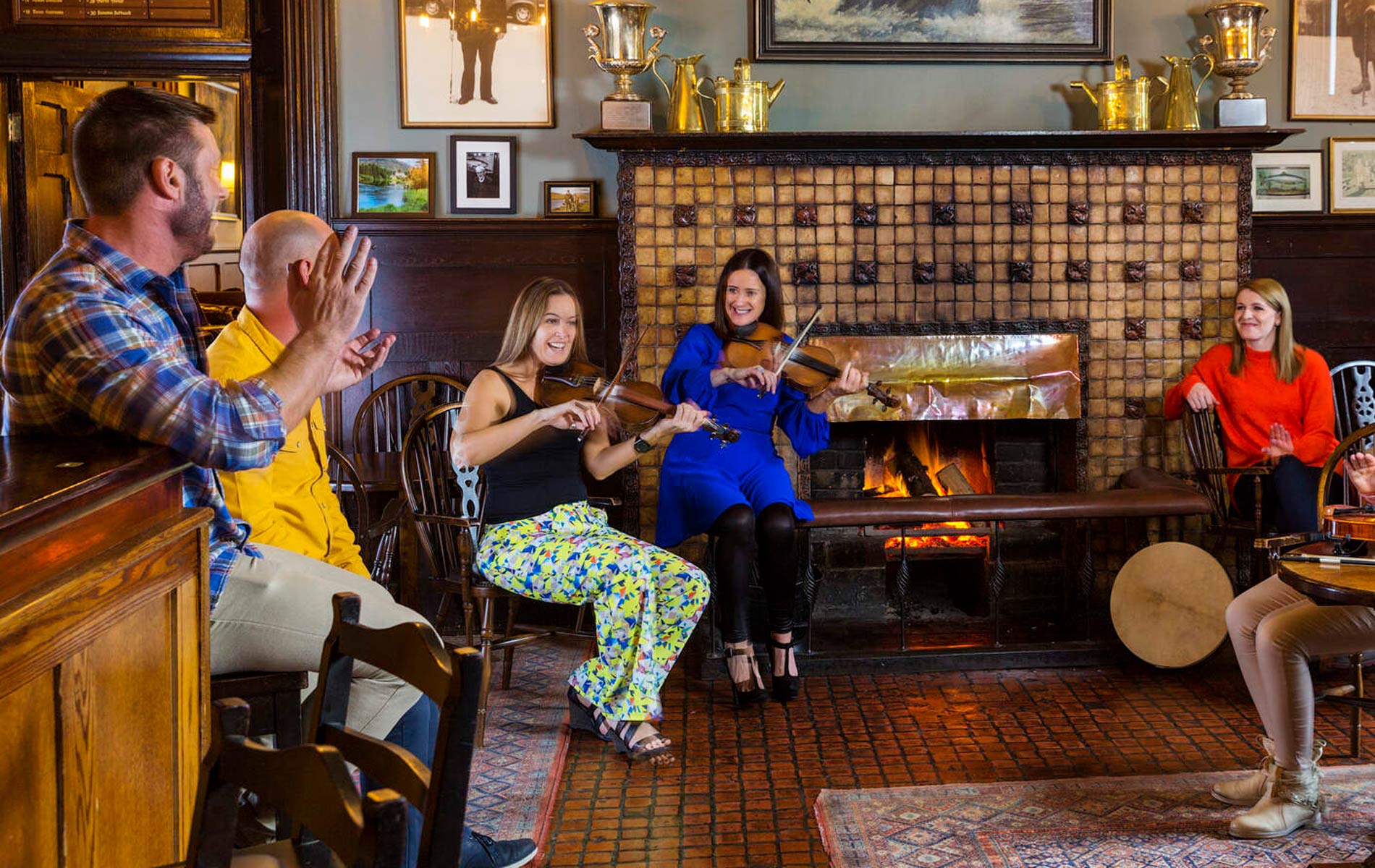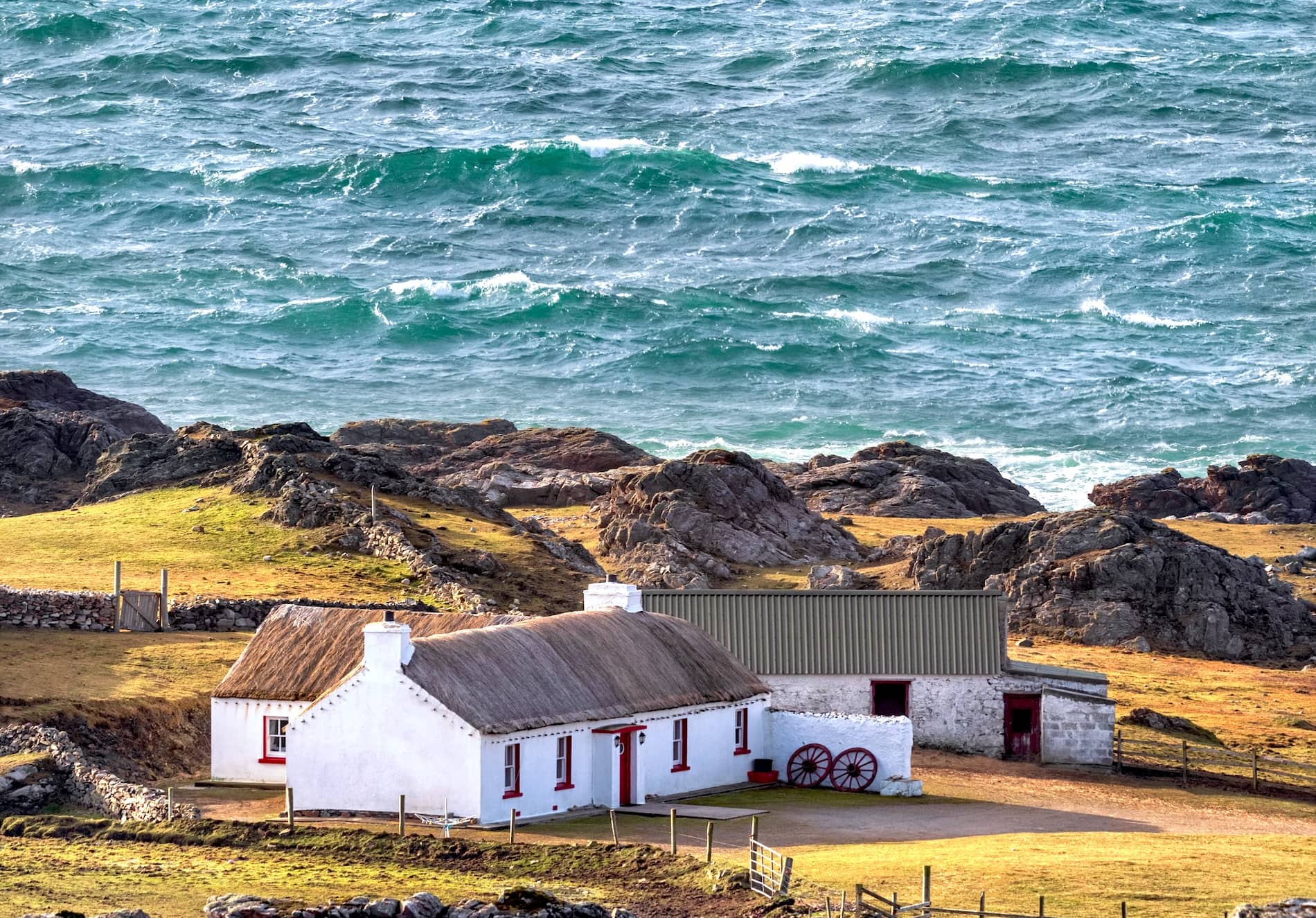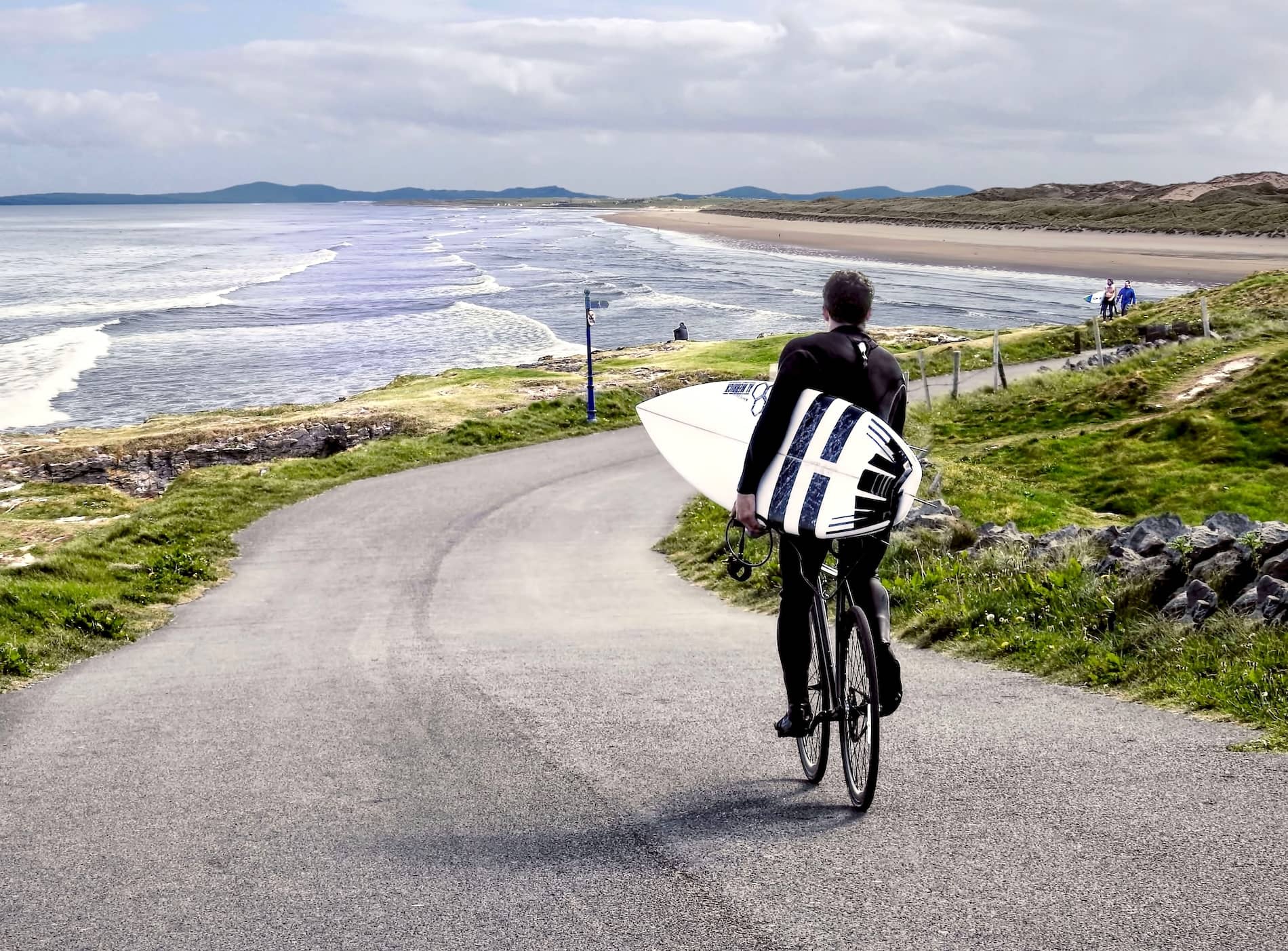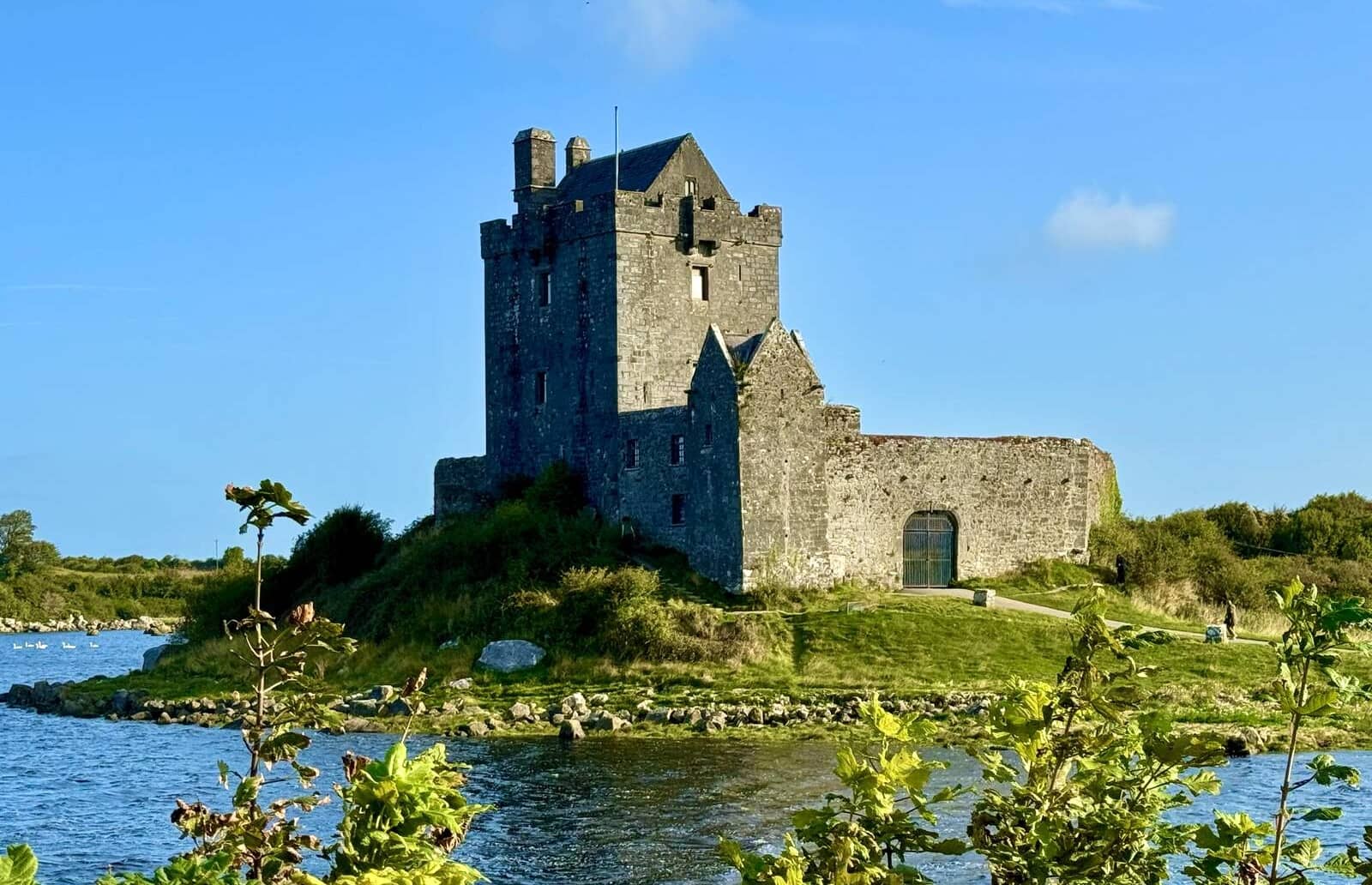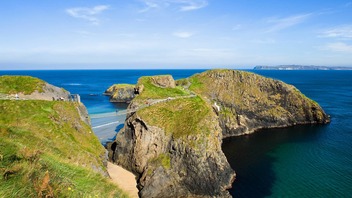Oops... something went wrong!
My Ireland
Looking for inspiration? Planning a trip? Or just want to scroll yourself happy? We'll show you an Ireland that's tailor-made for you.
- #Landscapes
- #CultureandHeritage
- #OutdoorActivities
- #Landmarks


Oops, no internet connection
While offline, you can still add items to ‘My Board’. New travel reccomendations will only show up once you’re back online.
See what Ireland has in store for you
Oops, no internet connection
While offline, you can still add items to ‘My Board’. New travel reccomendations will only show up once you’re back online.
Looks like your board is empty
Look out for the little heart icon around Ireland.com, simply tap the icon to start adding items to your board!


Sign up Not got an account?
Login Got an account?
Location access
- View offers and deals nearby you
- Get travel inspiration based on your location
- Local weather warnings and useful travel information
Notifications
Travel times
Tell us when you are going to be travelling Ireland, and we will show you tailored recommendations for the duration of your trip.


- Tips for events happening during your stay
- Helpful travel reminders and updates
Privacy
We take your privacy very serious and only ever process your data with your persmission. If possible this is handled anonymously and we will never store your data for longer than is required. For more information on how we handle your personal data please read our Privacy Policy.
Remove Data
To securely remove all data associated with your profile please contact our Data Protection Officer.
Reset your Board
This will remove all the items you have previously liked from your board. Please note, you can’t undo this action.
- Created date 06 February 2025
Privacy
We take your privacy very serious and only ever process your data with your persmission. If possible this is handled anonymously and we will never store your data for longer than is required. For more information on how we handle your personal data please read our Privacy Policy.
Delete account
Sorry you’re leaving. But you gotta do what you gotta do. Just a reminder, if you delete your account, you won’t be able to post in Community. And it’s permanent so you can’t “undo” it in the future.
Location access
- View offers and deals nearby you
- Get travel inspiration based on your location
- Local weather warnings and useful travel information
Notifications
Travel times
Tell us when you are going to be travelling Ireland, and we will show you tailored recommendations for the duration of your trip.


- Tips for events happening during your stay
- Helpful travel reminders and updates
Reset your Board
This will remove all the items you have previously liked from your board. Please note, you can’t undo this action.

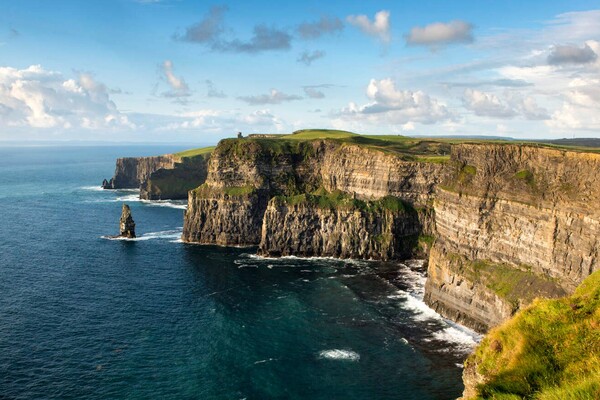
Ireland in your inbox
Sign up to receive free email newsletters from Tourism Ireland, including vacation ideas, insider tips, news, and events.
Where to go
One amazing island. Six unique regions

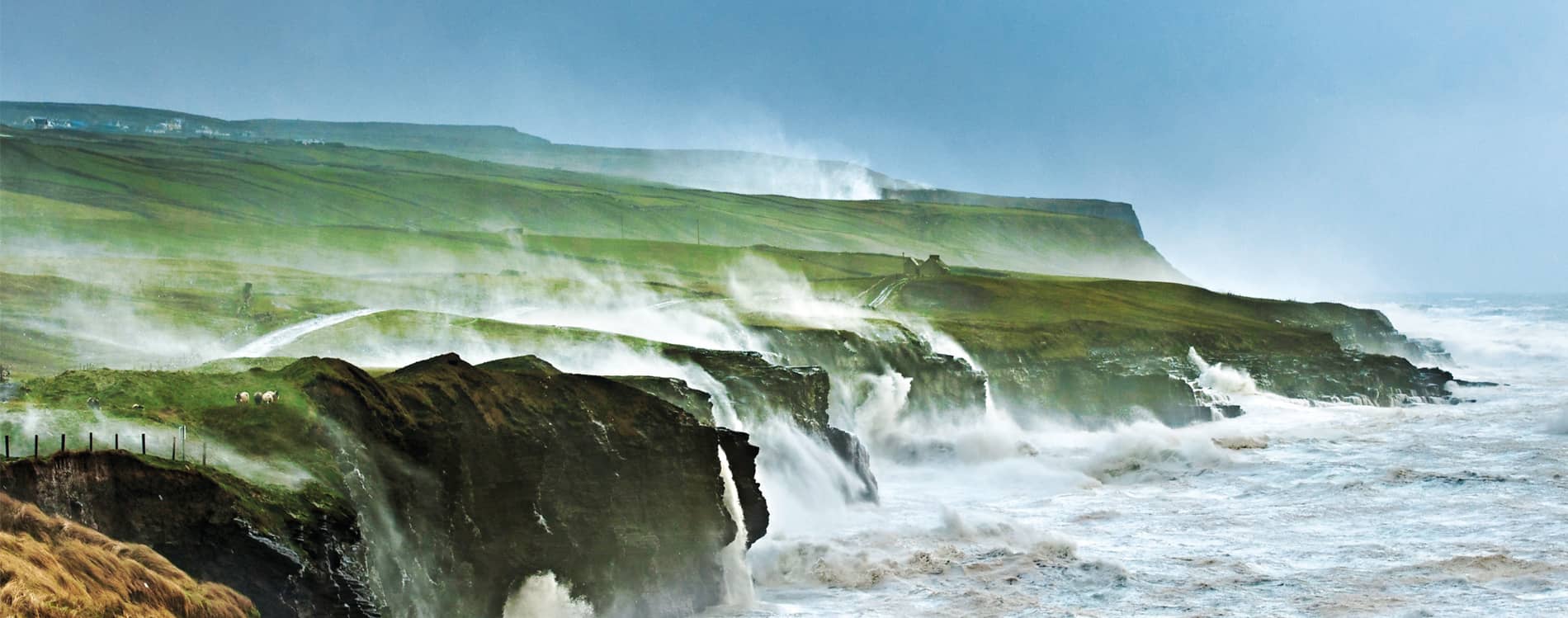


Soaring cliffs, buzzing little towns and a way of life forever inspired by the sea, that's what you'll find on the world’s longest defined coastal touring route.
Start your journey



Amazing cliff-walks, Game of Thrones® adventures, Titanic attractions – let Northern Ireland stir your soul.
Embrace a Giant Spirit
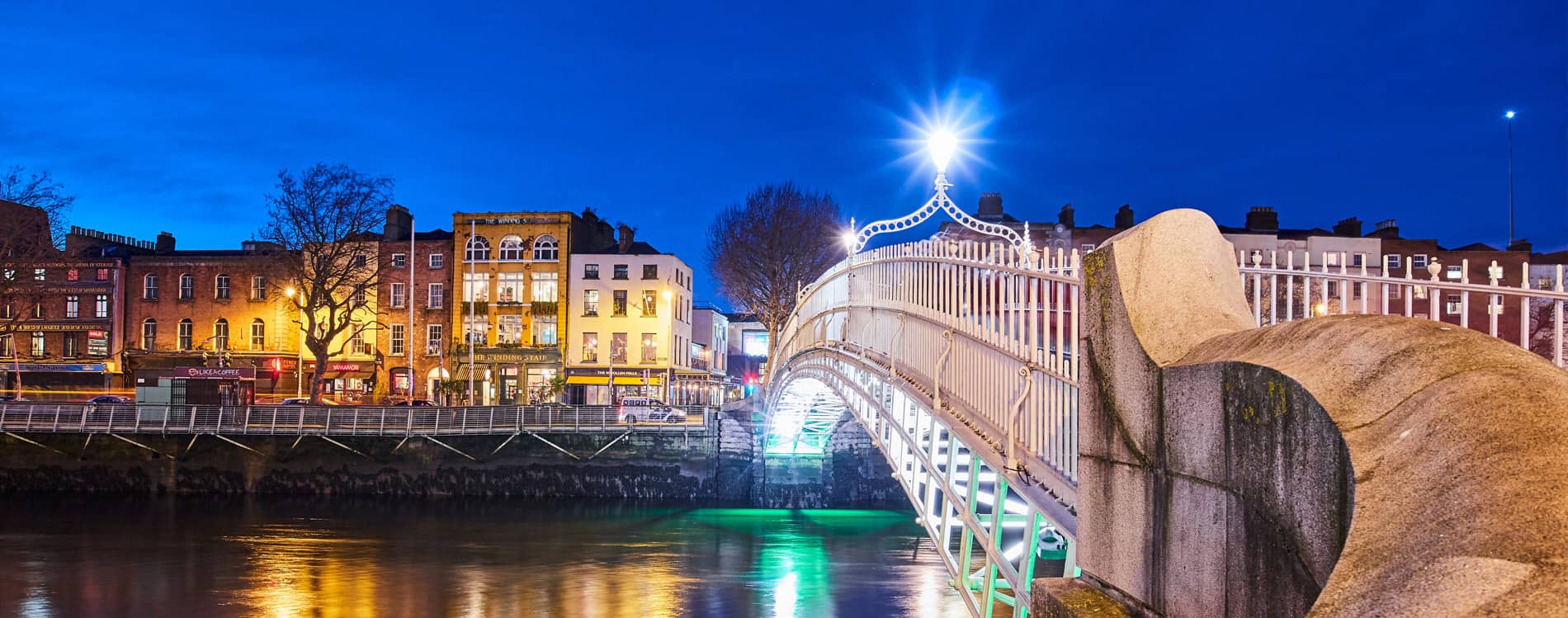


A UNESCO City of Literature, a historic powerhouse and a super-cool capital that’s been named Europe’s friendliest city twice by TripAdvisor.
Discover Dublin



Did you know that there are over 5,000 years of history hidden amidst these lush landscapes, winding rivers and glorious gardens?
Uncover thrilling tales
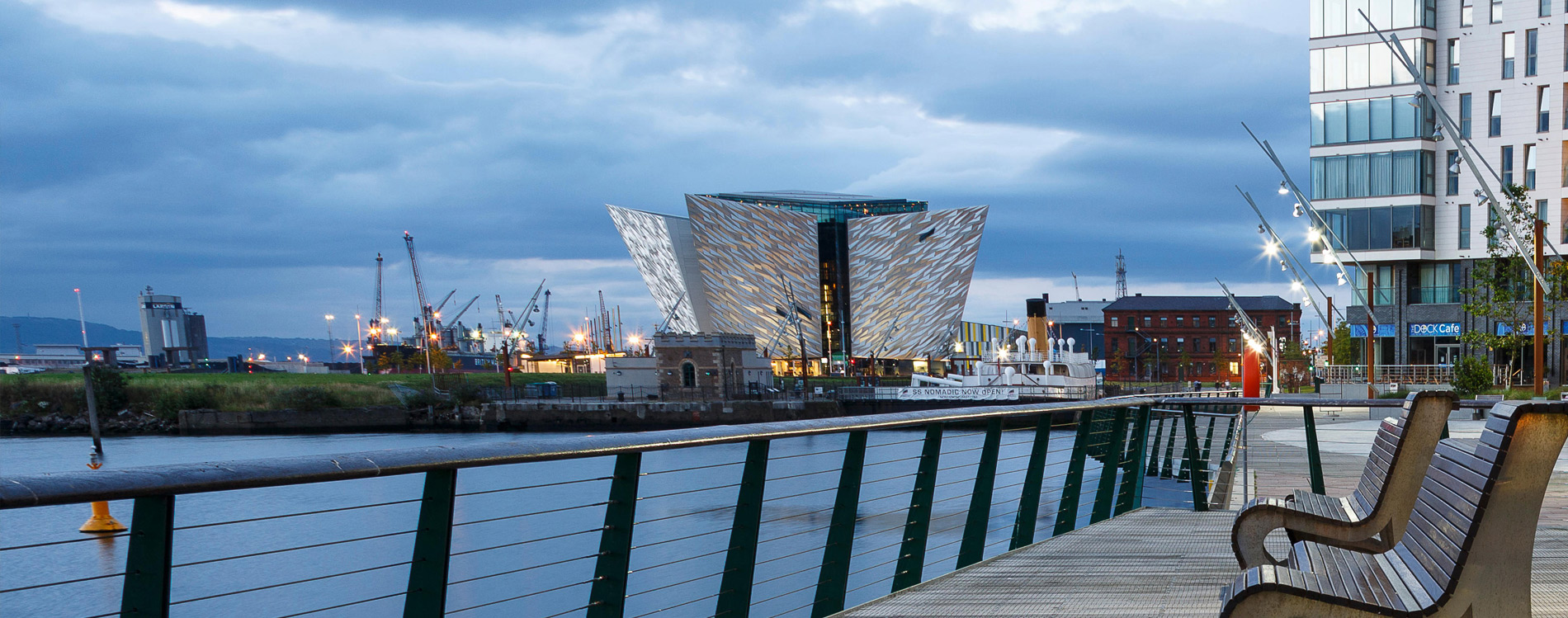


Cutting-edge food, traditional pubs and incredible Titanic history take Belfast to the next level – welcome to one of Ireland's most exciting cities.
Experience Belfast
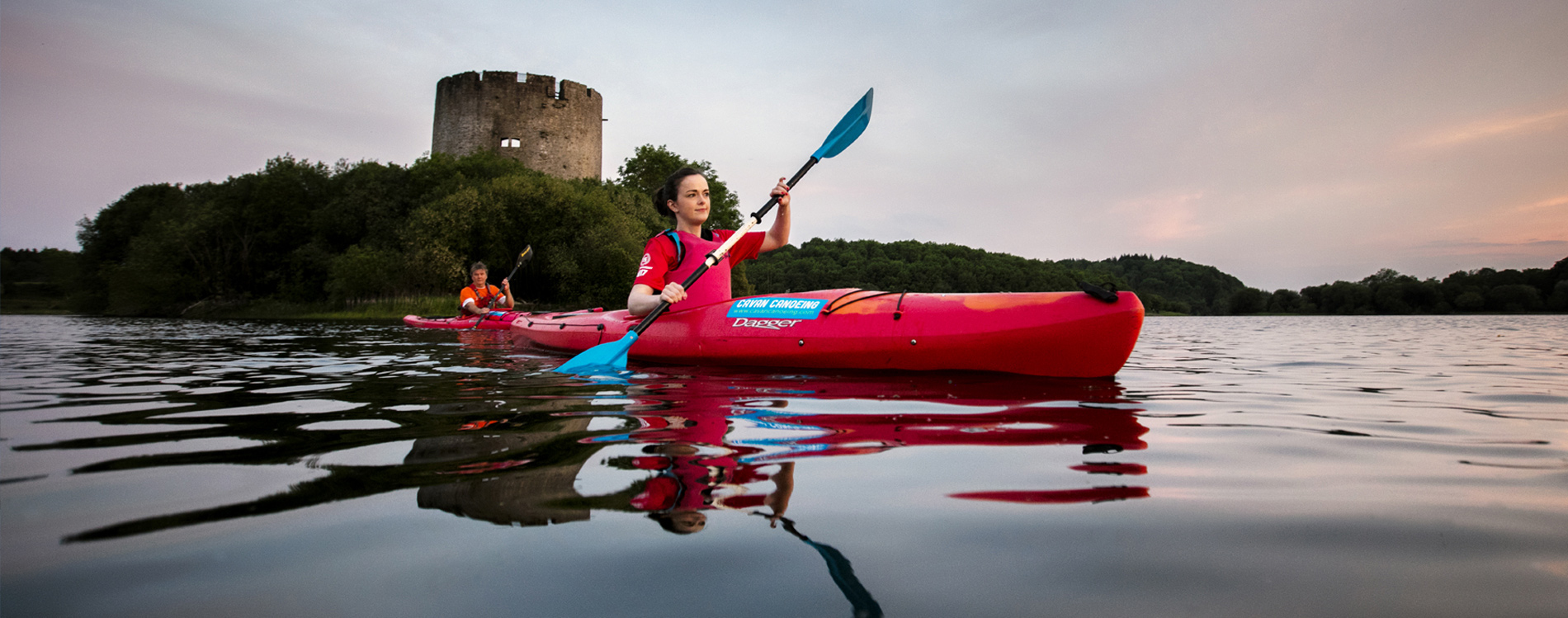


With charming riverside towns and villages, majestic forests and sparkling waterways, Ireland’s Hidden Heartlands is slow-travel perfection.
Go with the flowTop things to do

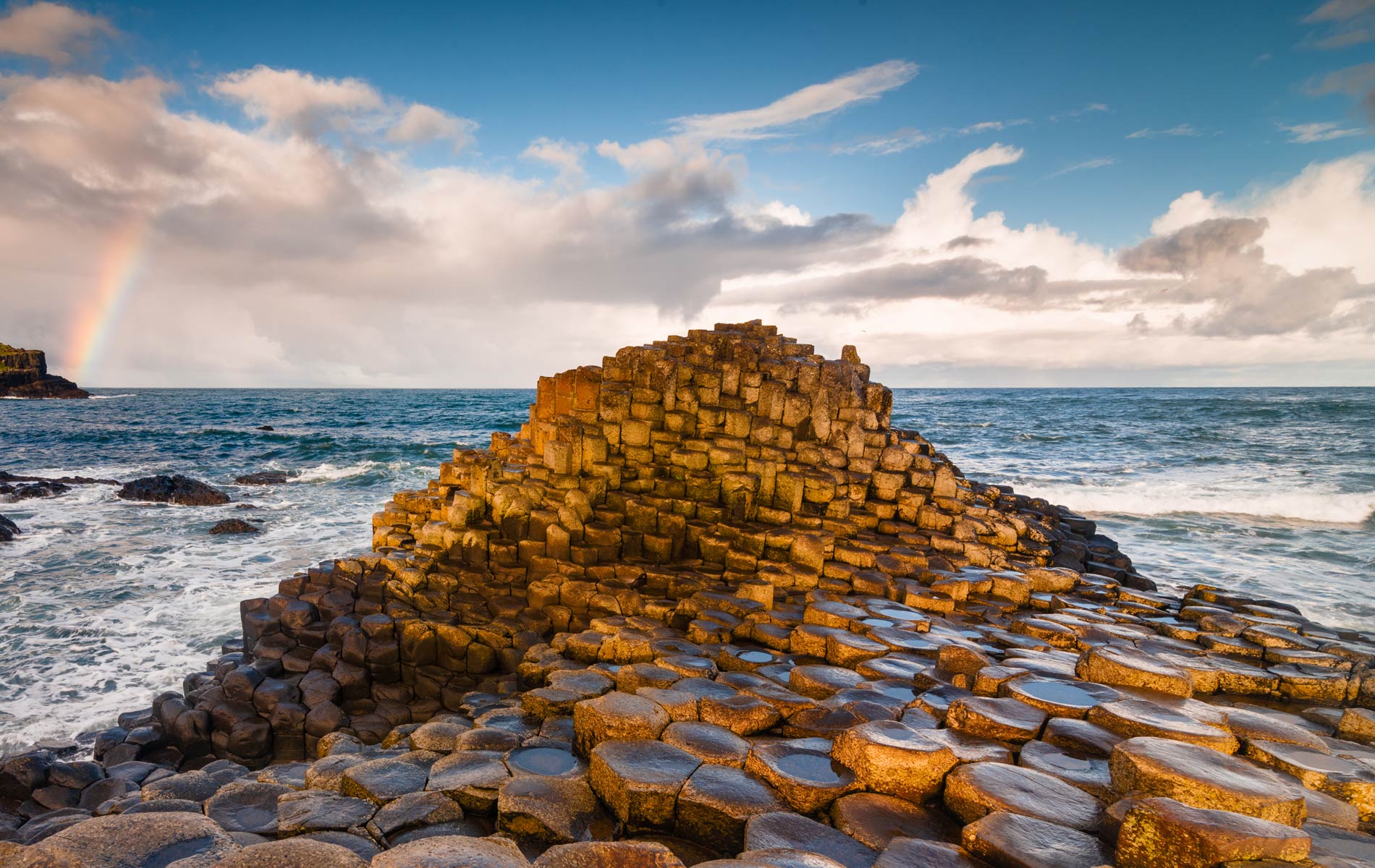
Trip idea
Causeway Coastal Route
6 days 92 miles
Causeway Coastal Route
The Causeway Coastal Route is one of Northern Ireland's greatest adventures.
From Belfast To Derry~Londonderry
- #Beaches
- #Landscapes
- #NorthernIrelandEmbraceAGiantSpirit

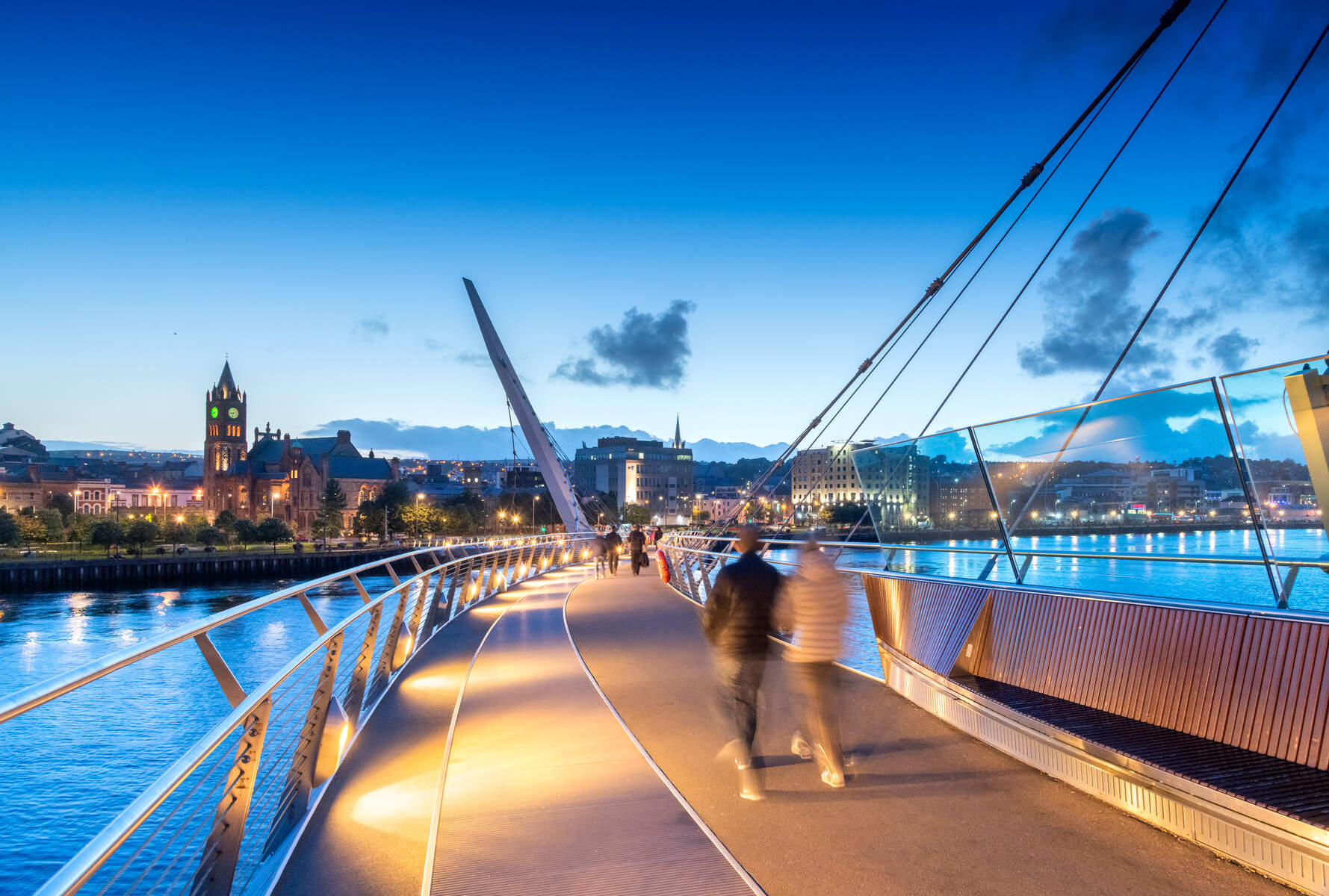
Trip idea
48 hours in Derry~Londonderry and the Causeway Coast
2 days 84 miles
48 hours in Derry~Londonderry and the Causeway Coast
Explore the very best of Northern Ireland from the heart of the Walled City!
From Causeway Coast To Derry~Londonderry
- #FillYourHeartWithIreland
- #CityBreaks
- #Landscapes


Trip idea
Ireland's Hidden Heartlands
5 days 301 miles
Ireland's Hidden Heartlands
Five days. 11 counties. One big adventure...
From Cavan Burren Park To Mitchelstown Caves
- #IrelandsHiddenHeartlands
- #Landscapes
- #CultureandHeritage
Let Ireland inspire you!
Thinking of a trip to Ireland?

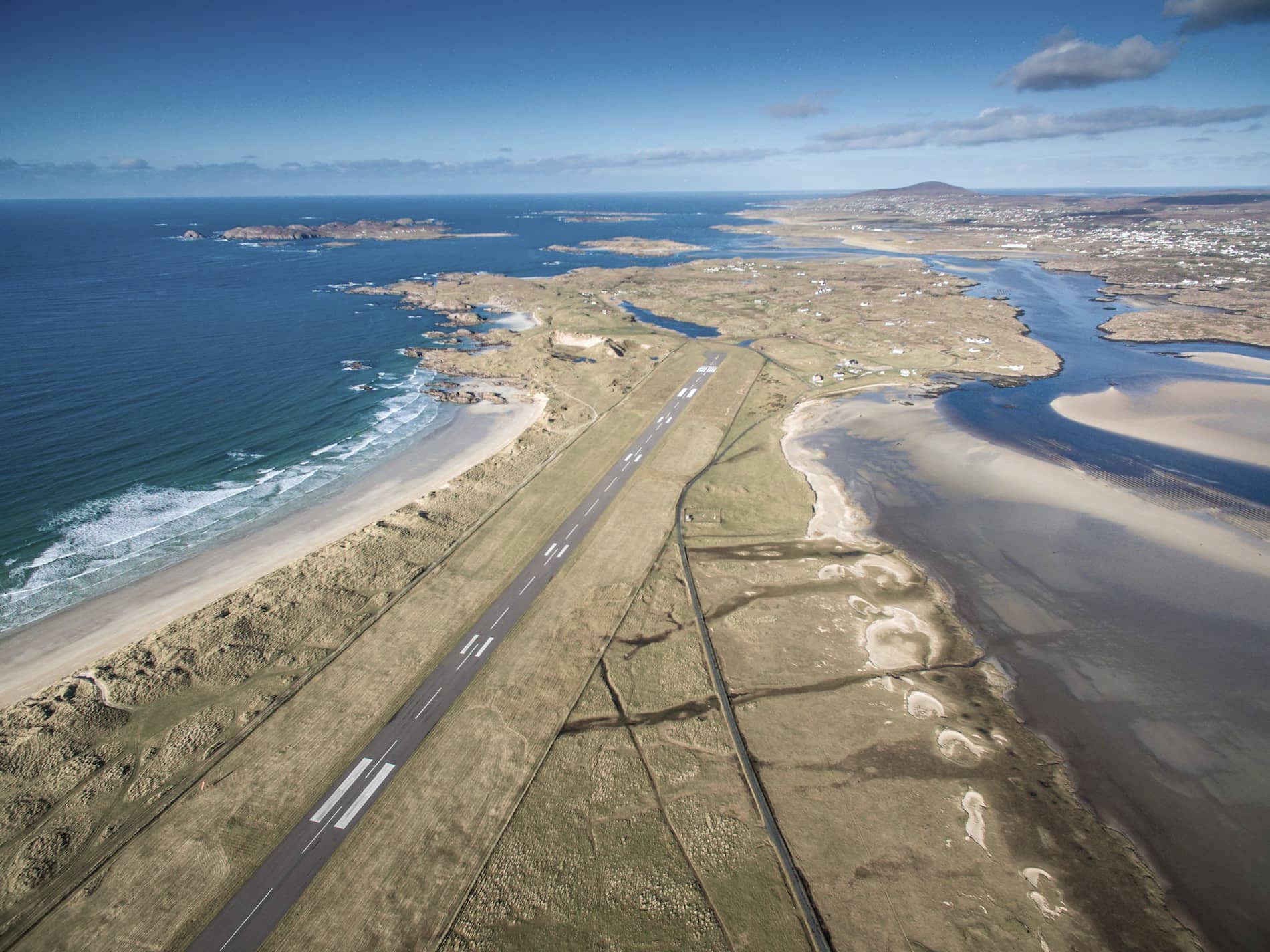
Getting here
Ireland from the air – what's not to love? We can help you find the perfect flight or ferry route for your Ireland trip.


Getting around
Ireland is compact, friendly and easy to navigate. So all you need to worry about is picking the right travelling companion.


Sustainable Ireland
From accommodation to activities, find out how to explore our beautiful island in a sustainable way.














